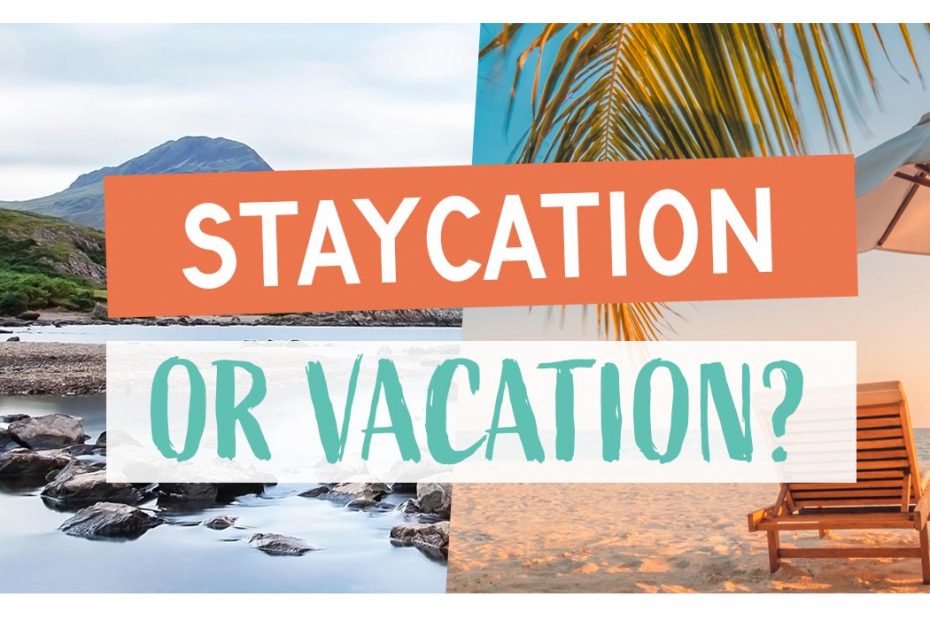Various countries and areas around the world have different levels of minimum annual leave requirements. It may be amazing to know that the United States is the only major industrialized nation that does not have a statutory requirement for minimum vacations or days off from work.
Canada, allows the provinces and territories to set their vacation time. However, all states and provinces have a minimum of two weeks of paid vacation for new hires, with additional time added as employees work for the company. In addition to those days off, Canadian workers have 6 to 10 paid holidays per year, depending on the province or territory.
Mexico, to the south, requires six working days for new hires, with two additional days added every year of employment with the same employer. There are additional days added with time worked for the company. Employees there also have seven paid holidays, which are public holidays.
In the United States, there are no paid vacations and no paid public holidays set forth by state or federal governments. This means employers can independently set vacation time, and many do not offer specific vacation time for employees. It also means that employees can choose to work every day, which can lead to some very significant issues with work-related stress, burnout, and even physical and mental health issues.
Take a Break
Even if you are on a budget or don’t want to have to deal with the traffic, crowds, and chaos of planning a vacation, there is still a very real and significant benefit to just getting away from work.
These benefits are not just anecdotal. There are several studies that show the risk of continued work without taking a break. Here are just a few important reasons to take a break from work, even if you love your job and enjoy what you do:
- Improved quality of life – in studies conducted using the Gallup-Heathway’s Well-Being Index, people who took vacations or breaks from work on an annual basis scored 17 points higher on the scale.
- Improved sleep and mood – when asked to rate the quality of their sleep and mood at work, people that take vacations have higher ratings, and these ratings last for several weeks after coming back to work.
- Reduce reported stress – stress creates both physical and mental issues in the body. People under stress are more agitated, less focused, less productive, make more errors, and are more forgetful. In taking a vacation and relaxing either at home or traveling, stress levels drop and problematic stress issues are dramatically reduced or completely eliminated.
- Less burnout – even those who love their job and have a passion for what they do can suffer from burnout. This is particularly true for leaders and those in management or decision-making roles. Taking a vacation allows you to unplug from that environment and just relax and enjoy life.
Going away, spending time at home, or just seeing the sights in your local community helps you to mentally and physical relax, which is good for all aspects of your personal and professional life.

